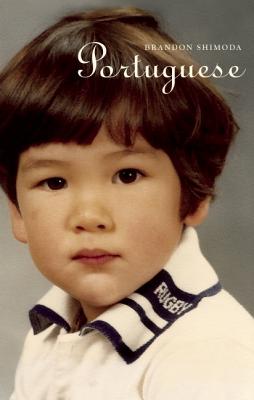
This week? Collections. Mostly, at least. Two short story collections, one novel that could easily be taken for a collection, and some poetry. I should probably also mention that I’ve recently finished A. Igoni Barrett’s Love Is Power, or Something Like That for a review I’m working on, and it’s fantastic — one of the best books I’ve read in a while, and a terrifically-constructed book.
Shawn Vestal’s Godforsaken Idaho opens in the afterlife, its narrator wandering the corridors and cafeterias of heaven, musing on his life and reconnecting (awkwardly) with members of his family as they join him there. From there, the book takes a more earthbound approach, though one later story is narrated by a restless spirit occupying the body of a veteran-turned-postmaster and egging him on to a series of disruptive and ultimately violent acts. Sometimes the horrors are more mundane: a series of missionaries pursuing a man who left the Mormon folks becomes oddly comic when yardwork enters the picture, then takes a darker turn. Vestal’s collection impressed me; to mind mind, it would sit neatly beside Claire Vaye Watkins’s Battleborn or Annie Proulx’s Close Range: stories that veer into the brutal or surreal, and sometimes both.
At this point, should I even mention that I read Junot Diaz’s Drown? It’s a bit like saying, “I heard this great new band, guys! They’re called The Beatles.” Regardless: I’d been planning to read This is How You Lose Her, and was told that it might behoove me to delve into this one first. Ergo: this trip to certain corners of my home state (and beyond), expertly evoked, with characters who ebb and flow in unexpected ways.
Christie Hodgen’s Elegies for the Brokenhearted isn’t a collection, though it’s easily mistaken for one. It leads with its structure: the book is organized as a series of elegies for now-deceased people its narrator encountered over the course of the first thirty-odd years of her life, from an uncle with a bad heart to the embittered piano player she worked with in a coastal town in Maine. And while each of these vignettes is, to some extent, self-contained, they also add up to a powerful end result — mortality as a constant presence, and a reminder of what has been lost. In the end, that choice pays off in a big way, lending this already-moving novel an emotional weight that might not have been there had it been more conventionally structured.
(Aside doubling as a mortified confession: glancing at Hodgen’s bio, I misread the title of one of her books as A Jeweler’s Eye for Flan. “What an odd title!” I spent roughly the next twenty-four hours thinking. I then realized that I’d inverted one letter; A Jeweler’s Eye for Flaw made much more sense, and turned out to be the actual title of her book. That said, flan really should be in more literary titles.)
And Brandon Shimoda’s Portugese — the latest in my ongoing “read more poetry” efforts — opens with one of the more breathtaking pieces of writing I’ve encountered in a while. ‘The Grave on the Wall” (the first of several pieces in the book to use this title) sprawls, blending autobiography with more aphoristic bits:
Everything exists to end up in a book
Everything in the world exists to end up in a book
Everything in the world exists in order to end up in a book
The world exists to end up in a book
It is the book that sees me change
We cannot all be rocks in heaven
From there, the poems go in myriad directions, some influenced by the quotes from artists Shimoda has incorporated into the book — Agnes Martin, Joan Mitchell, and Alberto Giacometti among them. Intimate and breathtaking, this volume — the first in a planned series of collaborations between Tin House and Octopus Books — makes for brilliant reading.
Follow Vol. 1 Brooklyn on Twitter, Facebook, Google +, our Tumblr, and sign up for our mailing list.
